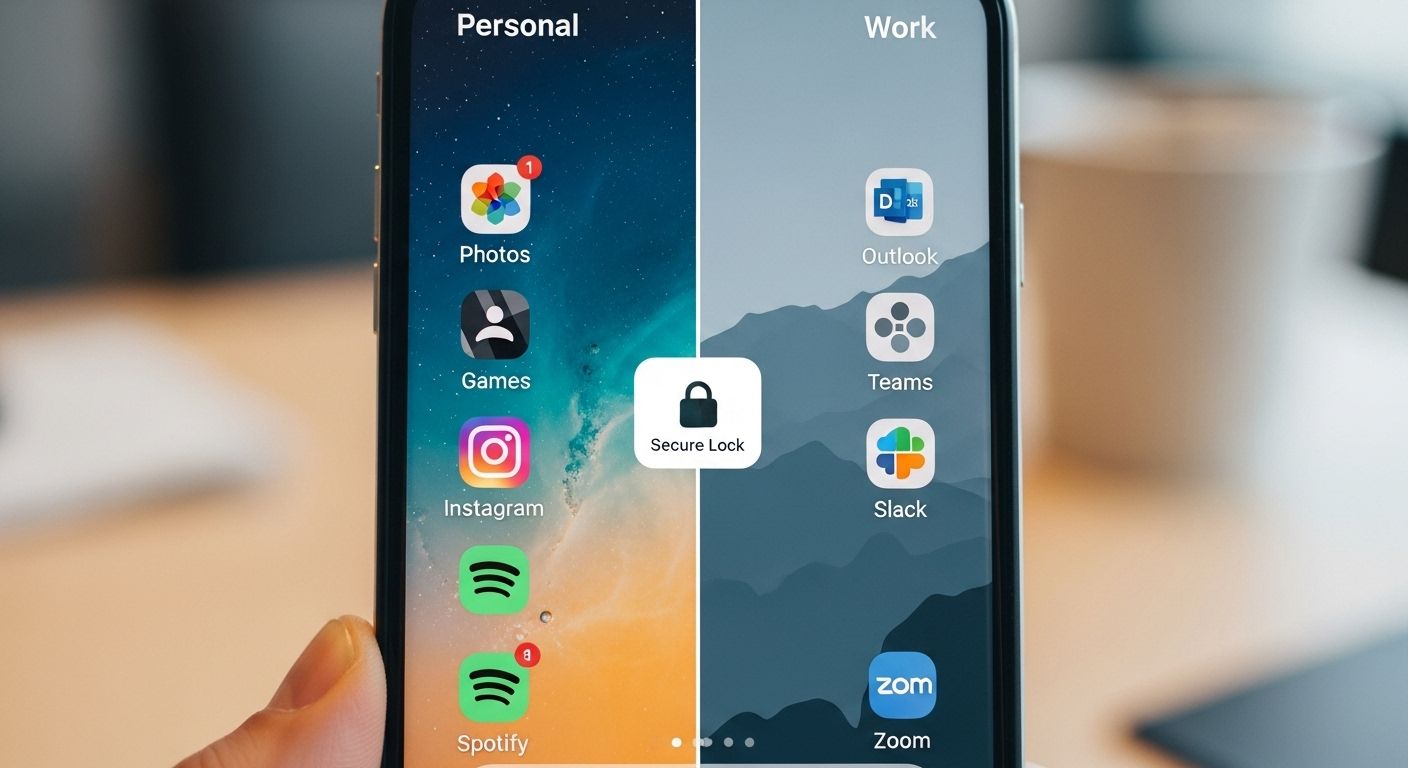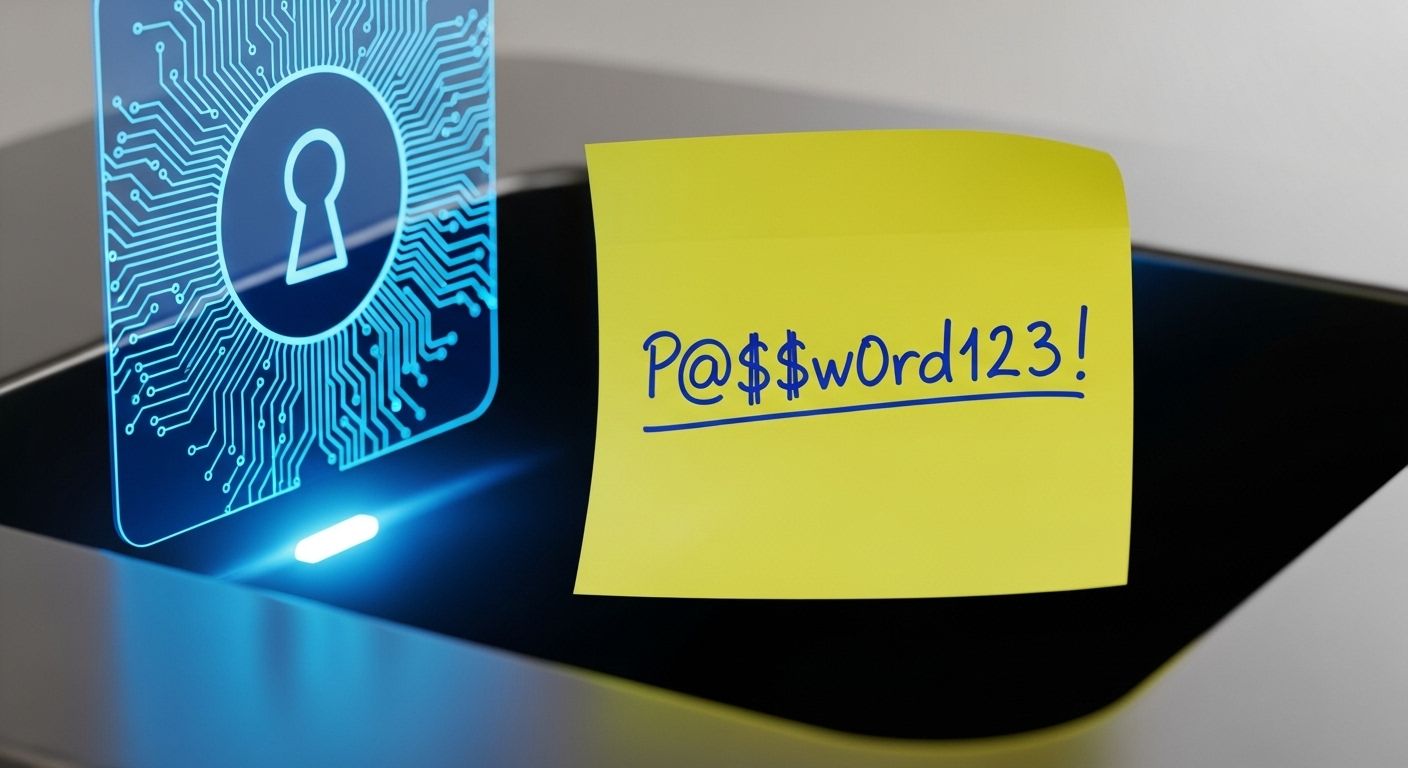
Network Security Audits & Pen Testing: Your SMB’s Shield
April 15, 2025
Strengthening Your SMB Cybersecurity Posture
April 17, 2025SMB Network Security: Compliance Made Simple
Navigating the world of network security compliance can feel like traversing a minefield, especially for small to medium-sized businesses (SMBs). Juggling the day-to-day operations while ensuring you’re adhering to complex regulations like GDPR, HIPAA, and PCI DSS can be overwhelming. But fear not! Understanding these standards and implementing best practices is not just about avoiding penalties – it’s about building trust with your clients and safeguarding your valuable assets.
Let’s break down these key regulations and explore how they impact your Houston-based SMB:
Understanding the Big Three: GDPR, HIPAA, and PCI DSS
- GDPR (General Data Protection Regulation): While originating in the European Union, GDPR has implications for any business that handles the personal data of EU residents. This includes names, email addresses, IP addresses, and more. Key principles revolve around lawful processing, transparency, purpose limitation, data minimization, accuracy, storage limitation, integrity, and confidentiality. For SMBs, this means understanding where your EU customer data resides, obtaining explicit consent for processing, and having robust data protection measures in place.
- HIPAA (Health Insurance Portability and Accountability Act): If your SMB deals with Protected Health Information (PHI) – whether you’re a healthcare provider, a business associate like a billing service, or even a software vendor handling patient data – HIPAA compliance is crucial. This regulation mandates administrative, physical, and technical safeguards to ensure the confidentiality, integrity, and availability of electronic PHI. Think access controls, encryption, audit trails, and employee training.
- PCI DSS (Payment Card Industry Data Security Standard): Any business that processes, stores, or transmits credit card information must comply with PCI DSS. This set of security standards aims to protect cardholder data and reduce fraud. It involves 12 key requirements, ranging from building and maintaining a secure network to regularly monitoring and testing your security systems. Even a small business processing a few online payments needs to take PCI DSS seriously.
Why Compliance Matters for Your SMB
Beyond the obvious threat of hefty fines and legal repercussions, non-compliance can have a devastating impact on your SMB’s reputation and bottom line. Data breaches erode customer trust, lead to business disruption, and can even force closure. Conversely, demonstrating a commitment to security and compliance can be a significant competitive advantage, assuring clients that their sensitive information is in safe hands.
Practical Steps to Fortify Your Network and Achieve Compliance
Navigating these regulations might seem daunting, but here are some actionable steps your SMB can take:
- Understand Your Obligations:
The first step is to clearly identify which regulations apply to your business based on the type of data you handle and where your customers are located. Don’t assume you’re exempt – take the time to research and understand your responsibilities under GDPR, HIPAA, PCI DSS, or other relevant regulations.
- Conduct a Thorough Risk Assessment:
Identify potential vulnerabilities in your network and data handling processes. What are the biggest threats to your sensitive information? Understanding your risks is crucial for prioritizing security measures.
- Implement Strong Access Controls:
Limit access to sensitive data on a need-to-know basis. Use strong, unique passwords and multi-factor authentication (MFA) for all accounts. Regularly review and update access permissions.
- Secure Your Network Infrastructure:
Implement firewalls, intrusion detection/prevention systems (IDS/IPS), and robust Wi-Fi security protocols (like WPA3). Keep all network devices and software up to date with the latest security patches.
- Encrypt Sensitive Data:
Protect data both in transit (when it’s being sent) and at rest (when it’s stored). Use strong encryption algorithms to render data unreadable to unauthorized individuals.
- Implement Data Loss Prevention (DLP) Measures:
DLP tools can help prevent sensitive information from leaving your network without authorization.
- Regularly Back Up Your Data:
Implement a reliable backup strategy and store backups in a secure, offsite location. This ensures business continuity in case of a data breach or disaster.
- Develop an Incident Response Plan:
Outline the steps you’ll take in the event of a security incident. This plan should include procedures for identifying, containing, eradicating, and recovering from a breach.
- Provide Employee Training:
Your employees are your first line of defense. Conduct regular training on data security best practices, including recognizing phishing attempts, creating strong passwords, and understanding compliance requirements.
- Regular Security Audits and Penetration Testing:
Periodically assess your security posture through internal audits and external penetration testing to identify weaknesses and ensure your controls are effective.
Krypto IT: Your Partner in Network Security Compliance
Navigating the complexities of network security compliance doesn’t have to be a solo journey. At Krypto IT, we understand the unique challenges faced by SMBs in Houston. Our team of cybersecurity experts can provide tailored solutions to help you understand your obligations, implement robust security measures, and achieve compliance with GDPR, HIPAA, PCI DSS, and other relevant regulations. We offer comprehensive services, including risk assessments, security audits, managed security services, and employee training.
Ready to take the first step towards a more secure and compliant future for your business?
Contact Krypto IT today for a free, no-obligation consultation to discuss your specific needs.
Call us at 713-526-3999 or visit our website at https://www.kryptocybersecurity.com/.
#NetworkSecurity #Compliance #GDPR #HIPAA #PCIDSS #SMB #Cybersecurity #Houston #KryptoIT #DataProtection #SecurityFirst




